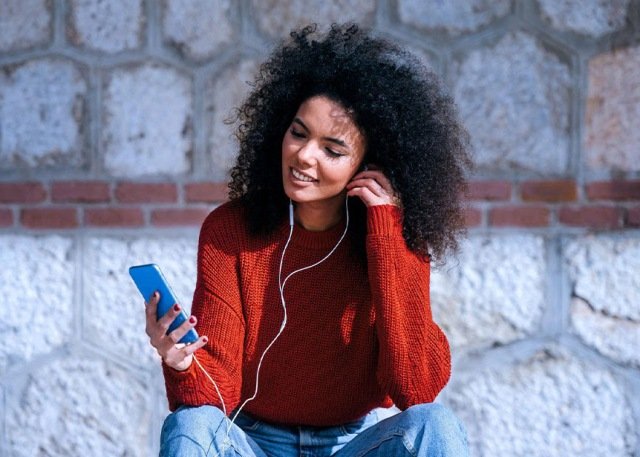Facebook parent company Meta Platforms will face lawsuits brought by U.S. states accusing it of exacerbating mental health issues among teenagers by making its platforms, Facebook and Instagram, addictive.

A federal judge in California, Yvonne Gonzalez Rogers, rejected Meta’s attempt to dismiss these claims on Tuesday, Reuters news report said. The lawsuits, filed last year by over 30 states including California, New York, and Florida, allege that Meta’s design practices intentionally target teens, leading to mental health challenges such as anxiety and depression.
While Meta argued that it is shielded by Section 230, a federal law regulating online platforms, the judge allowed the states to proceed with most of their claims, citing evidence of misleading practices. In addition to Meta, the ruling also allows related personal injury lawsuits against ByteDance’s TikTok, Alphabet’s YouTube, and Snap’s Snapchat to continue.
California Attorney General Rob Bonta welcomed the decision, emphasizing that Meta must be held accountable for the harm caused to children. Lawyers for plaintiffs celebrated the ruling as a “significant victory” for young people harmed by social media platforms. Meta, however, disagreed with the ruling, stating that it has implemented numerous tools to protect teens, including features for parents and new “Teen Accounts” on Instagram.
The lawsuits seek monetary damages and court orders to change Meta’s business practices. With hundreds of lawsuits filed against social media companies, this ruling sets the stage for more evidence collection and potential trials in the future.
Australia Considers Social Media Ban for Teens Amid Concerns
Australia is contemplating a ban on social media for teens under a certain age to combat cyberbullying, predatory grooming, and mental health concerns. The proposed legislation, set to be introduced later this year, is facing criticism from youth advocates who warn it could isolate vulnerable teenagers, particularly those from migrant and LGBTQIA+ communities.
Some teenagers, like 14-year-old refugee Tereza Hussein, fear losing vital social connections with family overseas if the ban goes into effect. Critics argue that social media is essential for many teens to stay connected, and that a ban would worsen the mental health issues it seeks to address. Experts instead call for better enforcement of online safety measures rather than an outright age block.
Despite support from Prime Minister Anthony Albanese, who advocates for getting kids “off their phones and onto the footy field,” others worry that the ban is based on outdated ideals of childhood. Attempts to enforce age restrictions elsewhere, such as in France, have faced challenges, with many teens bypassing restrictions using virtual private networks (VPNs).
Baburajan Kizhakedath
